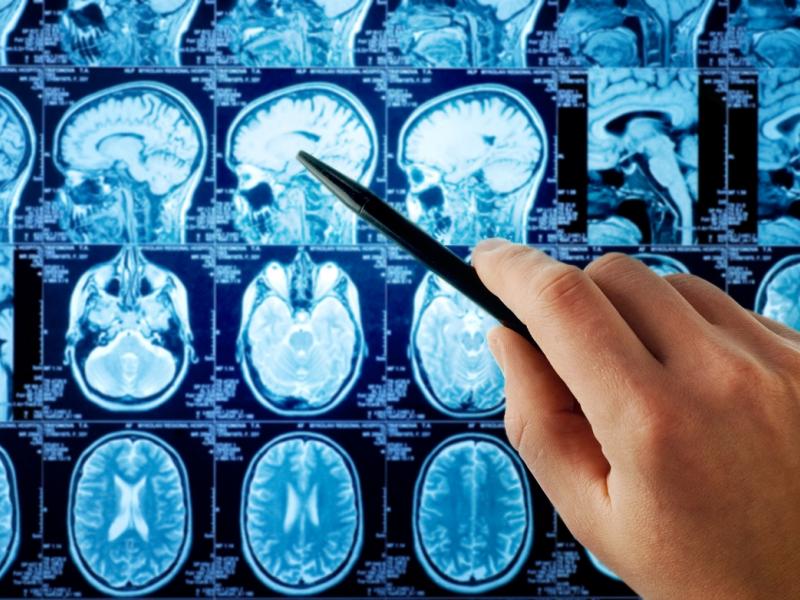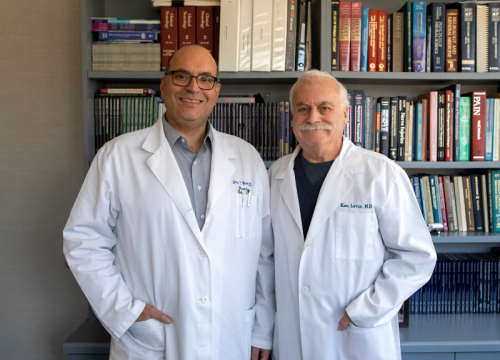
A stroke is a "brain attack" and occurs when blood supply to the brain is cut off. Most strokes are caused by a blood clot that has built up on the wall of a brain artery or one that has traveled there from another part of the body (an embolic stroke or ischemic stroke). Other strokes are caused by a ruptured blood vessel in or near the brain (aneurysm), which results in bleeding within or over the surface of the brain (hemorrhagic stroke). Stroke is the fifth leading killer and the number-one cause of disability in the United States.
What are stroke symptoms?
Stroke symptoms include:
- Sudden weakness or numbness of the face, arm, or leg, especially on one side of the body
- Sudden confusion or trouble speaking or understanding
- Sudden trouble seeing in one or both eyes
- Sudden trouble walking, dizziness, or loss of balance/coordination
- Sudden severe headache with no known causedifficulty swallowing
Call 911 immediately if you experience these warning signs.
What does a stroke do to the brain?
A stroke can result in weakness or paralysis of one side of the body, loss of speech or the ability to understand others, memory loss, or a combination of these factors. A stroke can be slight or severe, temporary or permanent, depending on the extent of damage to the brain. A stroke can cause death or serious injuries that can be harmful to your quality of life. Possible complications include pneumonia or potentially dangerous blood clots in the legs.
Can tPA help stop a stroke?
There are treatments that can reduce the risk of damage from a stroke, but you must seek help quickly. One such treatment is a clot-busting drug called tPA. Patients who come to the Emergency Department up to six hours from the onset of stroke symptoms and are diagnosed with an embolic/ischemic stroke (blood clot blocking oxygen to the brain) are evaluated for treatment with tPA and/or neurointerventional treatments. tPA (tissue plasminogen activator) is a medication that is given intravenously or administered directly inside an artery to break up the blood clot. tPA is only given to adult stroke patients.
About The Valley Hospital Stroke Center
The Valley Hospital Stroke Center leads the area in state-of-the-art technology, cutting-edge treatment options, and neurological and neurosurgical expertise. Our stroke care comprises diagnostic testing, treatment, rehabilitation, support, prevention, education, and research. Our experienced stroke team diagnoses and treats stroke symptoms swiftly and aggressively.
To find out about upcoming educational programs or stroke screenings at the hospital or in the community, please call 201-291-6467.

















